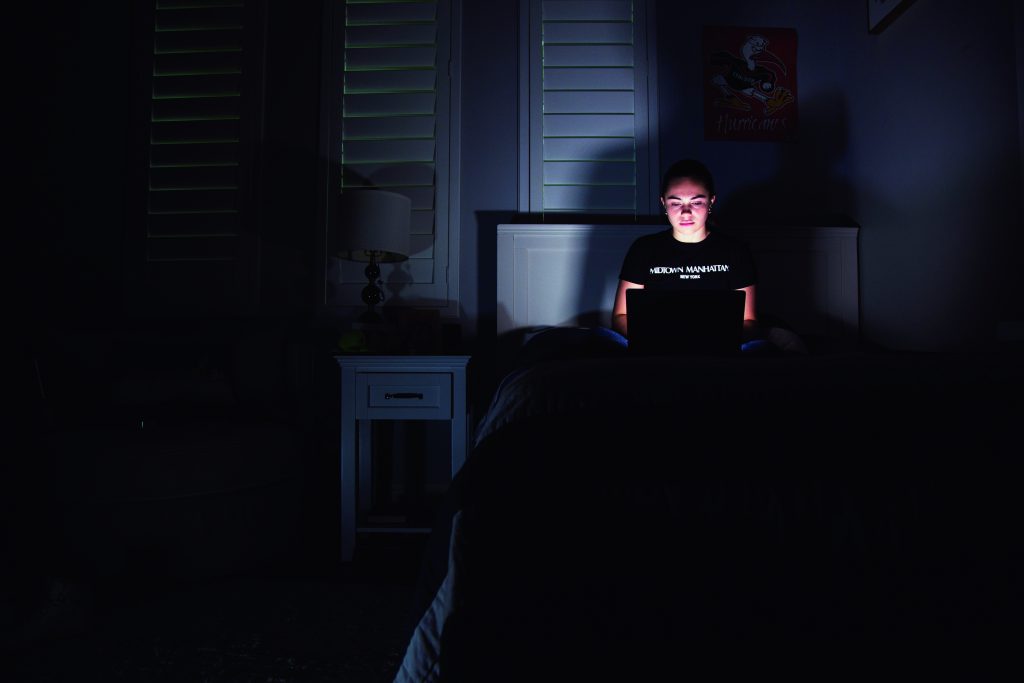Election Stress Disorder: Voters say campaigns produce rollercoaster of emotions
By Carlos Soto-Angulo
Christopher Columbus High School/ Montage
Suppose political debates echo in your mind long after they have ended, or the rise and fall of poll numbers swings your mood like a pendulum. In that case, you may be experiencing what many American voters are feeling during presidential campaigns – election stress disorder.
The term, coined by therapist Steven Stosny following the aftermath of the 2016 presidential race between Donald Trump and Hilary Clinton, describes the heightened levels of stress, anger and anxiety voters feel during election cycles.

“Stressors, like elections, impact our functioning,” said Andrea de Aguayo, a Miami clinical psychologist and licensed mental health counselor. Politicians tend to exaggerate how bad everything is, exacerbating people’s stress and fears of what could be, she said.
“It affects emotions, which affects our body, so we’re more likely to get fatigued and our body can shut down,” De Aguayo said.
According to the American Psychological Association, more than two-thirds (68%) of American voters struggled to get through the relentless tide of political news during the 2020 elections. Others, including Stosny, say the 2024 election and its constant media coverage will see even more people affected by the disorder.
University of Miami senior and first-time voter Carolina Gonzalez said her stress level has skyrocketed because of the election.
“I have not heard of “election stress disorder,” but I would say that I relate to it,” said Gonzalez, 22. “The economic issues are important to me during this election, and I think there’s a lot of people on different sides trying to force others to have their same political views.”
Social media adds to the strain, turning platforms such as X (formerly Twitter), Facebook and TikTok into arenas of fervent political exchange. Hashtags such as #ElectionAnxiety and #Vote2024 capture the rollercoaster of emotions tied to elections.
“I definitely believe that campaigning on social media creates stress for a lot of people,” said Karla Gonzalez-Rodriguez, 32, a Miami veterinarian. She said social media coverage of the election has heightened her anxiety. “There’s so much fake news, so for you to stay informed, you have to do a lot of digging to be shown the information that’s out there.”
Nicky Tino, a senior at Ida S. Baker High School in Cape Coral, is also feeling anxious about the upcoming election even though he’s not eligible to vote.
“We’re having a brand-new group of people voting and that’s being shown on social media,” said Tino, 17. “There’s a lot of influence from both sides trying to get the vote, so that can make a person nervous.”
Romy Croquet, a senior at Grace Church High School in Manhattan, said reading the TikTok posts on the candidates is stressful.
“I’m a lot less educated on politics than I should be, and I’m not sure what to think about what I see on social media,” said Croquet, 17.
Gonzalez said she is trying to make sure that her beliefs are not altered by what others believe.
Some therapists suggest taking a break from social media, limiting news consumption or even watching a funny movie.
De Aguayo tells voters to calm down.
“Do your research on election topics,” she said. “The second thing is to monitor your breathing to stay relaxed.”